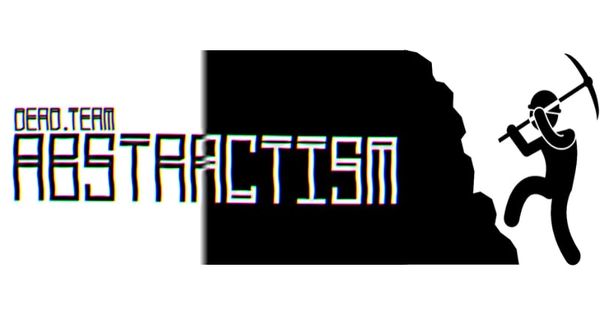Steam game Abstractism pulled after cryptomining accusations

Valve has pulled a game from its online Steam store after allegations were made that it was exploiting players’ computer resources to mine for cryptocurrency.
Warning bells rang for players of the game, a simple and minimalist platformer called “Abstractism”, because it was consuming so much processing power from their CPUs and GPUs.
When you see the very-basic game in action, it’s hard to believe that it could have any legitimate need to stretch the abilities of a typical gaming PC.

If things weren’t suspicious enough already, the game was also accused of duplicating expensive items from other video games, and attempting to sell the fake goods at inflated prices in Steam’s Community Market.
Gamers spotted that Abstractism was generating a “Strange Professional Killstreak Australium Rocket Launcher” for instance, raising suspicions of foul play.

An identical-looking rocket launcher (using the same image, and same description) is used in the game Team Fortress 2.
The appearance of phantom items appears to be connected to a new feature introduced into the Abstractism game in July.
In an update, the developer said that they had “implemented Steam drops in Abstractism” and tried to explain why it would be in the gamers’ interests to keep the software running on their computers for as long as possible:
“Drop time is dynamic and increases after each drop (you need 15 minutes to receive the first drop, 30 minutes for the second drop, 60 minutes for the third drop and so on).
You receive more rare items if your playtime is long (“60 minutes” item drops are better than “15 minutes” drops)”
Of course, if the software were also cryptomining then it would definitely be in the developers’ interests to have players running their software for long periods of time.
Perhaps mindful of this, a note in that update makes a less-than-convincing attempt to reassure players that it is not engaged in mining cryptocurrency.
“Abstractism Launcher and Abstractism Inventory Service are not Bitcoin miner (and are not Monero miner too, honestly).”
YouTuber SidAlpha reported that a file dropped by Abstractism had been identified by one anti-virus product as being malicious, and investigated the allegations that the software was behaving suspiciously and mining for cryptocurrency.

Yesterday Valve confirmed that it had “removed Abstractism and banned its developer from Steam for shipping unauthorised code, trolling, and scamming customers with deceptive in-game items”.
Good riddance.
tags
Author
Graham Cluley is an award-winning security blogger, researcher and public speaker. He has been working in the computer security industry since the early 1990s.
View all postsRight now Top posts
How to Protect Your WhatsApp from Hackers and Scammers – 8 Key Settings and Best Practices
April 03, 2025
Outpacing Cyberthreats: Bitdefender Together with Scuderia Ferrari HP in 2025
March 12, 2025
Streamjacking Scams On YouTube Leverage CS2 Pro Player Championships to Defraud Gamers
February 20, 2025
How to Identify and Protect Yourself from Gaming Laptop Scams
February 11, 2025
FOLLOW US ON SOCIAL MEDIA
You might also like
Bookmarks








